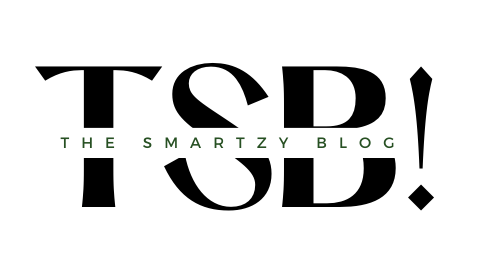Demystifying Taxes in Nigeria: A Comprehensive Guide for Individuals and Businesses in 2023

Taxes are a crucial part of any economy, and Nigeria is no exception. In recent years, with changing governments, policies, and new authorities, the taxation landscape has evolved. This comprehensive guide will answer all your questions about taxes in Nigeria, from how they are calculated to their impact on individuals and businesses.
Understanding Taxation in Nigeria
1. Types of Taxes
Nigeria has various types of taxes, but the most common ones include:
Personal Income Tax: This applies to individual workers and self-employed individuals. The tax rate varies depending on your income level.
Value Added Tax (VAT): VAT is a consumption tax levied on goods and services. Currently set at 7.5%, it’s added to the cost of most products and services you purchase.
Company Income Tax: Companies operating in Nigeria are subject to Company Income Tax (CIT), which is 30% of their profit.
Capital Gains Tax: This tax applies to gains from the sale of assets like properties and stocks.
2. How to Calculate Taxes
Calculating taxes in Nigeria can be complex due to varying rates and deductions. However, here’s a simplified breakdown:
– Personal Income Tax: It’s calculated using a progressive tax system. The higher your income, the higher the tax rate. You can calculate it using the official tax tables or online tax calculators.
-VAT: VAT is straightforward. It’s 7.5% of the total cost of the goods or services you purchase.
-Company Income Tax: CIT is 30% of a company’s profit before tax adjustments.
3. Staying Updated on Taxes
Tax laws and rates can change, so it’s essential to stay informed. You can do this by:
– Following updates from the Federal Inland Revenue Service (FIRS) and other relevant government agencies.
– Seeking advice from tax professionals or consultants.
4. Consequences of Not Paying Taxes
Not paying taxes can have serious consequences for individuals and businesses:
– Individuals: Failure to pay personal income tax can lead to penalties and fines. It can also affect your credit score and access to government services.
ALSO SEE: Understanding Tin: How to Obtain and Verify Your Tin Number
– Businesses: Companies that don’t pay taxes can face penalties, interest on unpaid taxes, and even legal action. Additionally, non-compliance can damage a company’s reputation.
Tips for Compliance and Efficiency
1. Keep Accurate Records: Maintain thorough financial records to ensure accurate tax calculations and reporting.
2. Seek Professional Advice: Consider consulting tax experts or accountants to navigate complex tax regulations.
3. Pay on Time: Timely payment of taxes avoids penalties and interest charges.
4. Deductible Expenses: Explore tax deductions and incentives available to individuals and businesses.
5. Regular Audits: Conduct regular internal audits to identify and rectify any tax-related issues.
In conclusion, understanding and complying with tax regulations in Nigeria is crucial for individuals and businesses. Ignoring taxes can lead to financial and legal consequences. Stay informed, calculate your taxes accurately, and seek professional guidance when necessary. Paying taxes contributes to the development of the nation and ensures a stable and prosperous future for all.


![Exclusive: Dollar To NGN Black Market Rate Today [code_snippet id=4 php=true] Exclusive: Dollar To NGN Black Market Rate Today [code_snippet id=4 php=true]](https://blog.smartzy.org/storage/2023/10/Black-1280x720.png)





